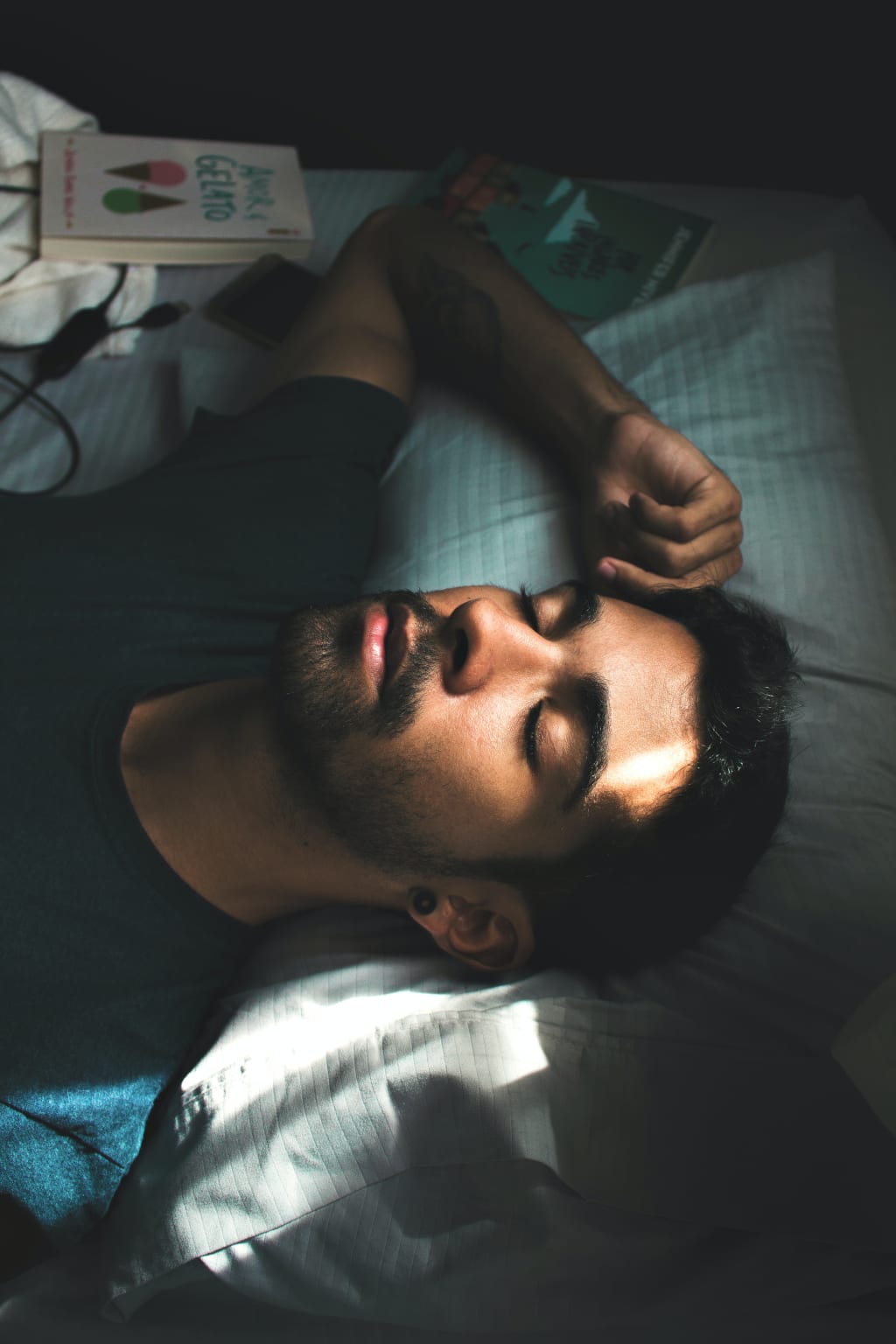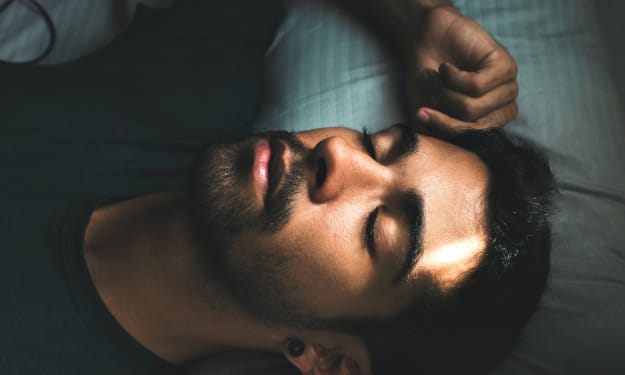Sleeping even with a small amount of light can be harmful to your health
A Study

Blood sugar levels rise, and healthy young adults have a faster heart rate if they sleep in a room with a dimly lit room similar to the light emitted by a silent TV, according to the results of a new laboratory study, published in the Proceeding of the National Academy. of Sciences", Monday.
Study author Phyllis Ziyi, director of the Center for Circadian and Sleep Medicine at Northwestern University Feinberg School of Medicine, said dim light penetrated under the eyelids, disrupting sleep, even though the participants slept with their eyes closed.
During the night, the heart rate usually drops and slows down, while the brain is busy repairing and revitalising the body. Several studies have shown that a high heart rate at night is a risk factor for heart disease and early death in the future.
A high blood sugar rate is a sign of insulin resistance, as the body stops using glucose properly and the pancreas’s work doubles, so the body releases additional amounts of insulin to compensate, until it loses its ability to do so. Over time, insulin resistance may lead to type 2 diabetes.
Sleeping with the eyelids closed
Previous research has shown an association between artificial light at night, factors of weight gain, obesity, disturbances in metabolic function, insulin secretion and the development of diabetes, to cardiovascular disease risk.
"Why does sleeping with lights affect your metabolism? Does that explain the high prevalence of diabetes or obesity in the community?" asked Ziyi.
The lab study conducted by Ziyi and the team of researchers involved 20 healthy people in their twenties who spent two nights in a sleep lab. Ziyi explained that they slept the first night in a dark room where they "would not be able to see anything, if any, when they opened their eyes."
All study participants had devices that monitored a number of objective measures of sleep quality. Therefore, it is possible to collect data with minimal interference. The study participants fell asleep after they were placed in an IV tube, from which several long tubes lead to the laboratory through a hole. Blood was drawn from the sleeping participants without touching them.
"We recorded the brainwaves, and we were able to tell what stage of sleep a person is going through," Ziyi said. "We also recorded their breathing, heart rate and EKG, and also drew blood from them to measure their melatonin level while they slept," she added. Melatonin is a hormone that regulates the body's circadian rhythm, or sleep and wakefulness around the clock.
At random, some from the first group participated in the second test the following night with the same brightness level as the previous night, while another group experienced sleeping in a dim high light in the room with a glow similar to “a very dark day, thick with clouds, and street lights leaking through a window.” , as described by Ziyi.
She explained, "Now they slept with their eyelids closed," noting that "according to published studies, estimates indicate that between 5 and 10% of light, within this framework, will infiltrate through the closed eyelid to the eye, which is considered a small percentage of light."
Despite this small amount of light, it disrupts the slow wave and rapid eye movement phases, during which most cells are regenerated.
In addition, heart rate was higher, insulin resistance increased, the sympathetic nervous system (fight or flight) and the parasympathetic nervous system (rest and relaxation) were out of balance, and it was associated with higher blood pressure in healthy subjects. Ziyi added that the light was not bright enough to reduce the levels of melatonin in the body.
What to do?
Based on the results of her study and the research published in this field, she recommends closing curtains and blinds, turning off the lights, and even using a sleeping mask.
"I think the strength of the evidence lies in the fact that the individual should pay attention to the light in his bedroom," she said, pointing out the need to "begin dimming the lights an hour or two before bedtime at a minimum, to create an appropriate environment for that."
Ziyi advised to leave out all light sources in the bedroom, and if you need them at night, let it be a dim light placed at ground level, "so that it is more reflective than directly parallel to your eyes or the level of your bed."
She recommended that attention should be paid to the type of light used in the room, as it is forbidden to use light derived from blue, such as that emitted by television, smart phones, tablets, and laptops.
"Blue light is the most stimulating type of illumination," Ziyi explained. She advised buying lamps in red and brown shades if they must be used for safety reasons.
About the Creator
Enjoyed the story? Support the Creator.
Subscribe for free to receive all their stories in your feed. You could also pledge your support or give them a one-off tip, letting them know you appreciate their work.






Comments
There are no comments for this story
Be the first to respond and start the conversation.